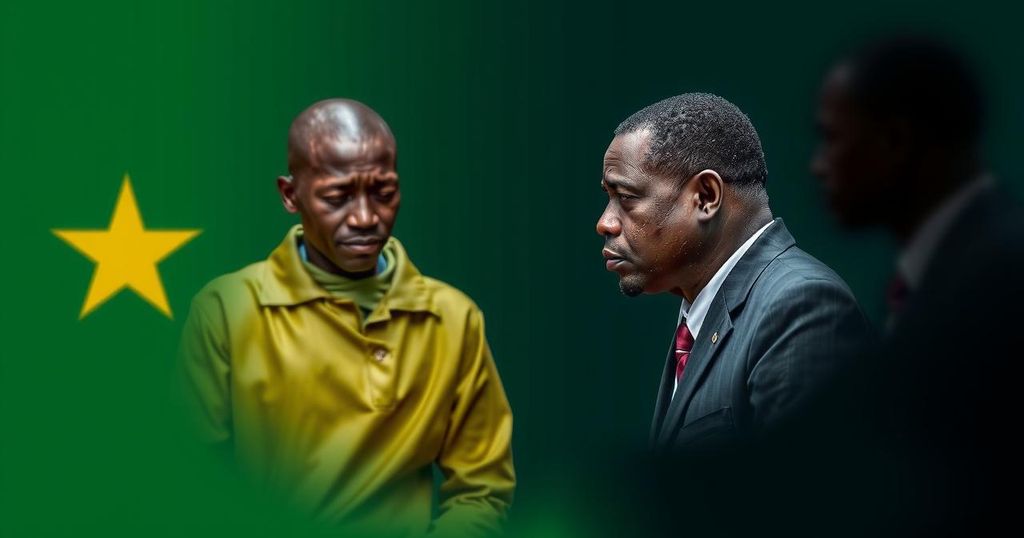South Sudan Denies Allegations of Kiir Family’s Business Empire
South Sudan has rejected allegations from The Sentry about President Kiir’s family running numerous businesses across key economic sectors. The watchdog claimed to have identified 126 companies linked to the Kiir family, emphasizing the need for transparency due to the country’s high corruption levels. In a rebuttal, Kiir’s office described the claims as unfounded, asserting constitutional rights for citizens to engage in business. The political situation remains unstable with delayed elections and ongoing economic struggles.
On Thursday, South Sudan dismissed allegations from the US-based watchdog The Sentry concerning President Salva Kiir’s family’s extensive business ventures within the country. The Sentry’s report suggested that Kiir’s family had established a significant corporate network involving 126 companies across various sectors key to the South Sudanese economy, including mining, oil, and banking. The report highlighted concerns regarding transparency and the potential for illicit practices, citing South Sudan’s history of corruption and procurement scandals.
In response, Kiir’s office characterized the claims as “baseless and malicious,” asserting that the nation’s constitution does not prevent citizens, including family members of the president, from engaging in legitimate businesses. They labeled the findings as a targeted attack aimed at undermining the presidential family and destabilizing national unity. Notably, while The Sentry identified family members involved in 23 firms, they stated that Kiir himself was not listed as a shareholder in any corporate documentation.
The transitional constitution of South Sudan prohibits president and ministers from participating in private businesses while in office. Founded by noted actor George Clooney, The Sentry focuses on corruption investigations, underlining the dire economic context of South Sudan, which is considered one of the poorest nations globally, ranking poorly on Transparency International’s corruption index. As political tensions rise, exacerbated by delays in elections until December 2026, South Sudan grapples with ongoing issues of mismanagement of oil revenues and corruption, according to reports by the UN Commission on Human Rights in South Sudan.
South Sudan, which gained independence from Sudan in 2011, continues to battle severe economic challenges characterized by pervasive corruption and mismanagement of resources, particularly its oil wealth, which constitutes 90% of its gross domestic product (GDP). The Sentry, an organization dedicated to investigating money laundering and corruption, claims significant ties between President Kiir’s family and numerous enterprises, raising alarms about governance and accountability. The political environment is further complicated by recent delays in electoral processes, leading to increased scrutiny from international partners concerned about stability and transparency.
In conclusion, South Sudan’s official rejection of The Sentry’s allegations highlights the ongoing tension between governmental accountability and claims of corruption. The president’s family’s significant business presence, coupled with the country’s economic difficulties and historical challenges regarding governance, raises critical questions about the state of public trust and the need for transparency within South Sudan. The government’s insistence on the legitimacy of its familial business ventures contrasts sharply with international perceptions of corruption, further complicating the nation’s political landscape.
Original Source: www.france24.com




Post Comment